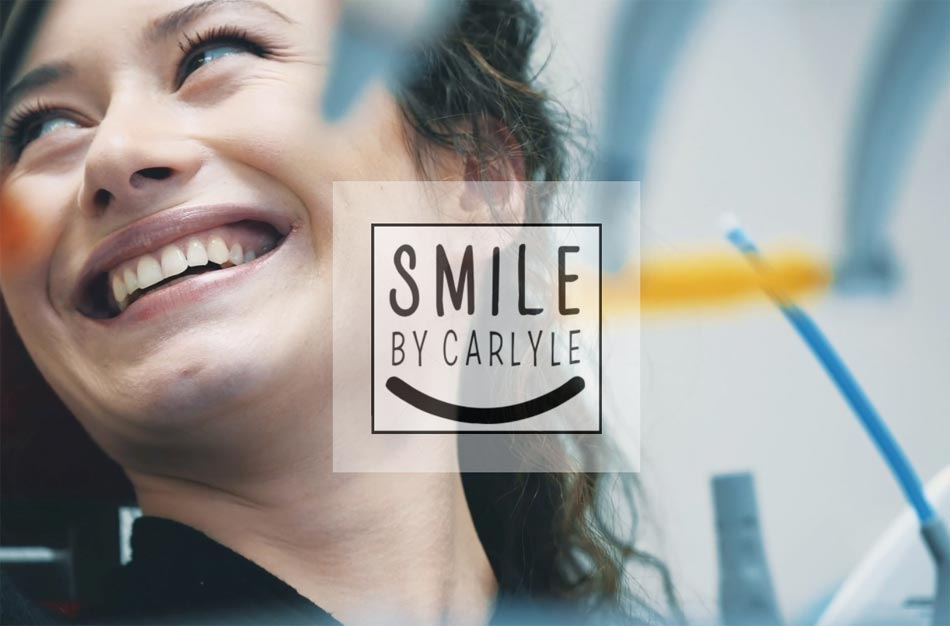
How many times have you stopped at Starbucks, picked up your favorite hot or iced coffee, and taken a sip, only to have your teeth start hurting? Is this bad? Are your teeth going to fall out? Probably not the latter, but it could be a sure sign that you have sensitive teeth or a cavity.
What are Sensitive Teeth?
When your teeth become sensitive, it could be a sign that you have thin or worn enamel, chipped or cracked teeth, or even a cavity. These areas expose the dentin or soft surface underneath the enamel that surrounds the nerve or pulp. The dentin has microtubules that allow the hot or cold liquids to reach the nerve to cause the pain.
Causes of Sensitivity
- Teeth Grinding or Nighttime Bruxism. Grinding your teeth is generally a direct result of stress. Constant wear over time with grinding can wear the protective enamel away or cause the teeth to crack, which exposes the sensitive enamel.
- Eating Acidic Foods or Drinking. Acidic, sugary food and drinks can cause tooth decay, which exposes the dentin. Acid drinks like soft drinks, lemonade, or orange juice can wear down the enamel, exposing the dentin and tubules if done in excess.
- Brushing Too Hard. It may be hard to believe, but brushing too hard or aggressively, especially with a medium or hard toothbrush, will not only remove the plaque off your teeth, but also the enamel. Aggressive brushing can also cause “gum recession”, exposing the root surface of the tooth, leading to sensitivity.
- Dental Treatment. Yes, 10 percent of teeth will be sensitive to hot or cold after dental treatment or teeth whitening for a few days to a few weeks.
Treatment for Sensitive Teeth
Before trying any home remedies, discuss sensitivity with your dentist. Tell him or her when it started and the severity. A good dental exam can generally reveal the reason behind sensitive teeth. Treatment may involve switching toothpaste, a simple dental filling removing a cavity or old filling, or discussing treatments for root recession or wear.
By taking the following steps you can help reduce existing sensitivity and prevent further problems:
- Brush and floss your teeth twice a day.
- Use a toothbrush with soft bristles and brush gently. Consider switching to a premium electric toothbrush like Oral B or Sonicare. If the electric brush costs less than $50, don’t buy it because cheap electrics do more harm than good.
- Use fluoridated toothpaste which is specially designed for sensitive teeth. Gum Detoxify toothpaste is probably the best on the market today.
- If you grind your teeth in your sleep, consider investing in a mouth guard made by your dentist, which can be worn at night to protect your teeth. Boil and Bite athletic guards are not what you need. Don’t waste your time.
The good news is that sensitive teeth is a dental problem that can be solved with a little time and effort, meaning that before long, you will once again enjoy that ice cold water or steaming cup of coffee. Contact Carlyle Dental if you think you may have a dental problem!


